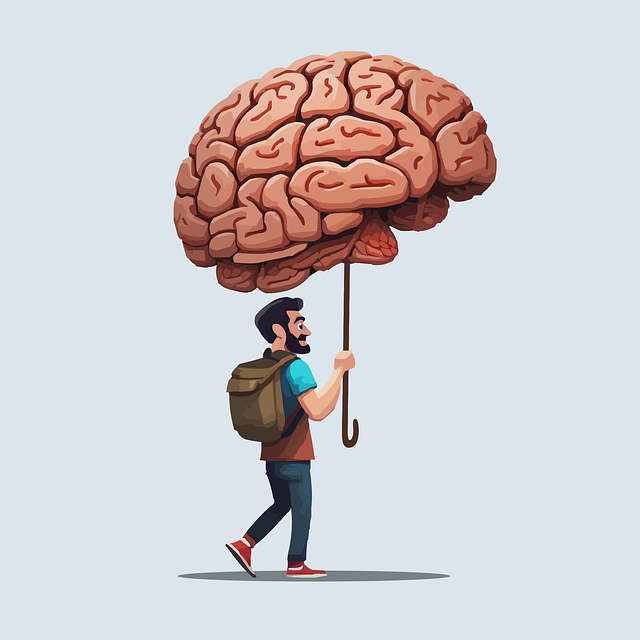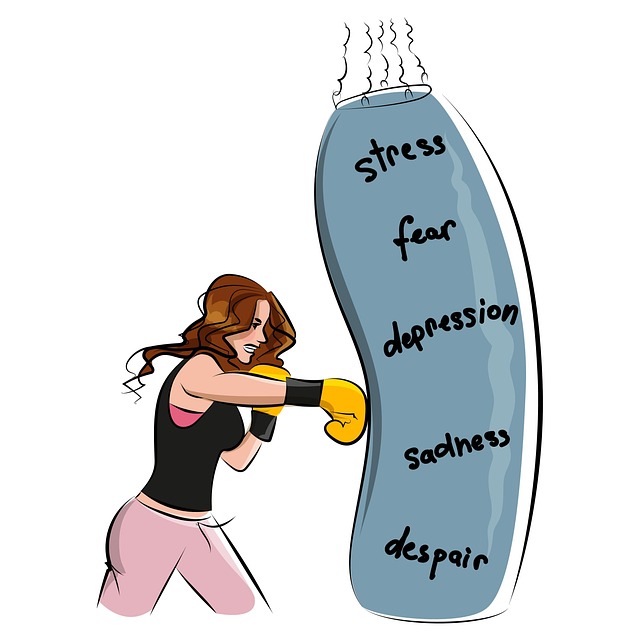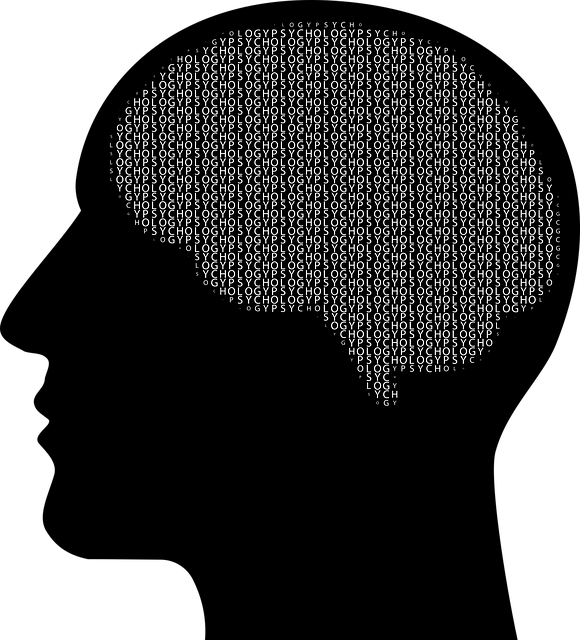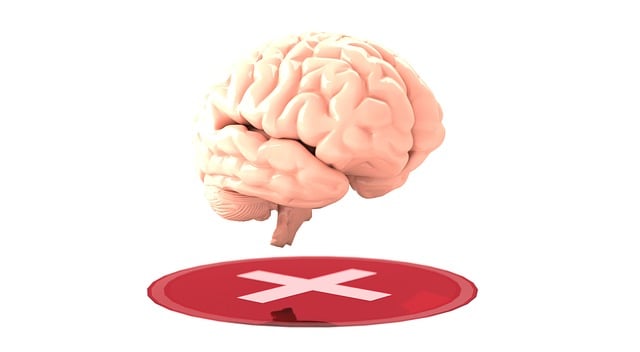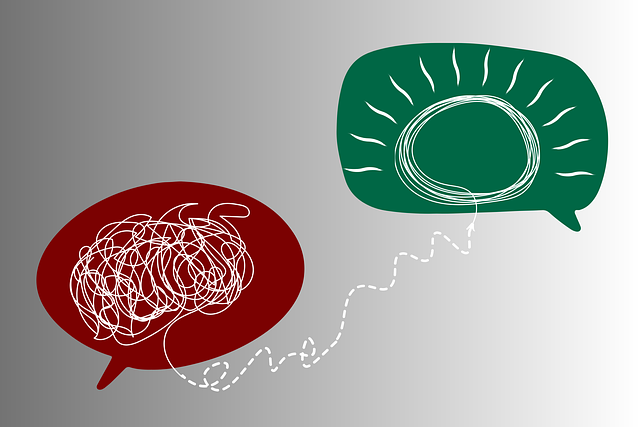Louisville Geriatrics Therapy highlights the urgent need for specialized mental health support tailored to the elderly, addressing unique challenges and reducing emotional distress. They advocate for self-care practices, resilience-building, and Mental Wellness Coaching programs, aiming to fill gaps in senior mental health care. Through initiatives like these, Louisville Geriatrics Therapy strives to become a model for accessible, comprehensive mental health care while promoting holistic well-being through education, community outreach, and innovative practices like Compassion Cultivation.
Mental health advocacy initiatives play a crucial role in addressing the unique challenges faced by seniors. This article delves into the current state of mental health support for seniors in Louisville, highlighting unmet needs through the lens of Louisville Geriatrics Therapy. We explore community outreach programs, collaborations with healthcare providers, and effective communication strategies that have led to measurable impacts. Additionally, we propose policy recommendations and sustainable solutions to build a resilient mental health ecosystem, ensuring better access to geriatric therapy for all Louisvillians.
- Louisville Geriatrics Therapy: Unmet Needs and the Call for Advocacy
- – Exploring the current state of mental health support for seniors in Louisville
- – Identifying gaps in services and resources
- Advocacy Initiatives: Strategies and Impact
Louisville Geriatrics Therapy: Unmet Needs and the Call for Advocacy

Louisville Geriatrics Therapy highlights a critical gap in mental health support for elderly individuals. Many older adults face unique challenges that often go unnoticed, leading to severe emotional distress and reduced quality of life. The lack of specialized services tailored to their needs exacerbates these issues. Advocacy is essential to shed light on the unmet demands of this vulnerable population.
Advocacy initiatives should focus on promoting Self-Care Practices and developing Mental Wellness Coaching Programs designed specifically for seniors. Boosting confidence and providing tools for managing mental health can empower older adults to take charge of their well-being. By addressing these concerns, we can ensure that Louisville Geriatrics Therapy becomes a model for comprehensive mental health care accessible to all.
– Exploring the current state of mental health support for seniors in Louisville

In Louisville, the current landscape of mental health support for seniors reflects both progress and gaps. While there are numerous initiatives focused on geriatric mental health awareness, including programs that offer Louisville Geriatrics Therapy, many older adults still face barriers to accessing tailored care. The demand for services often outstrips available resources, leaving some individuals without the necessary support for their unique challenges. Despite these hurdles, there’s a growing recognition of the importance of addressing mental wellness among seniors, encouraging the development of innovative solutions.
Efforts are underway to enhance resilience-building strategies and provide accessible Mental Wellness Journaling Exercise Guidance tailored to this demographic. Additionally, the creation of Mental Wellness Coaching Programs specifically designed for older adults is gaining traction. These initiatives aim to not only fill existing gaps but also ensure that seniors in Louisville have comprehensive resources to maintain and improve their mental health.
– Identifying gaps in services and resources

In many communities, there are noticeable gaps in mental health services and resources, especially for older adults. Initiatives like Louisville Geriatrics Therapy play a pivotal role in identifying and addressing these shortcomings. Through comprehensive assessments and tailored interventions, they ensure that individuals receive the support needed for their unique mental health challenges. For instance, focusing on inner strength development and self-care practices can be life-changing for those struggling with depression prevention, offering them sustainable coping mechanisms to navigate life’s complexities.
By recognizing these gaps, advocacy groups can push for more inclusive policies and increased funding for specialized programs. This proactive approach not only improves access to care but also promotes better mental well-being outcomes. Encouraging self-care practices and fostering inner strength are essential components in the broader strategy to prevent depression and enhance overall resilience among vulnerable populations.
Advocacy Initiatives: Strategies and Impact

Advocacy initiatives play a pivotal role in championing mental health and well-being, especially for vulnerable populations like the elderly. Organizations such as Louisville Geriatrics Therapy have been at the forefront, employing diverse strategies to make a tangible impact. They foster Mental Health Awareness through educational campaigns, community outreach programs, and collaboration with local healthcare providers to reduce stigma and promote early intervention.
One notable approach is incorporating Compassion Cultivation Practices into therapy sessions. By teaching clients emotional regulation techniques and fostering a culture of empathy, these initiatives empower individuals to navigate mental health challenges more effectively. This holistic method not only benefits the individual but also has a ripple effect on communities, creating a more supportive and understanding environment for those struggling with their mental health.
Louisville’s senior citizens face significant challenges regarding mental health support, as highlighted by the gaps exposed through Louisville Geriatrics Therapy initiatives. Advocacy plays a crucial role in addressing these unmet needs. By implementing targeted strategies, such as increased awareness campaigns and policy reforms, communities can significantly improve access to mental health resources for seniors. These efforts are vital to fostering a healthier and more inclusive environment for all Louisvillians as we navigate the complex landscape of geriatric mental healthcare.



